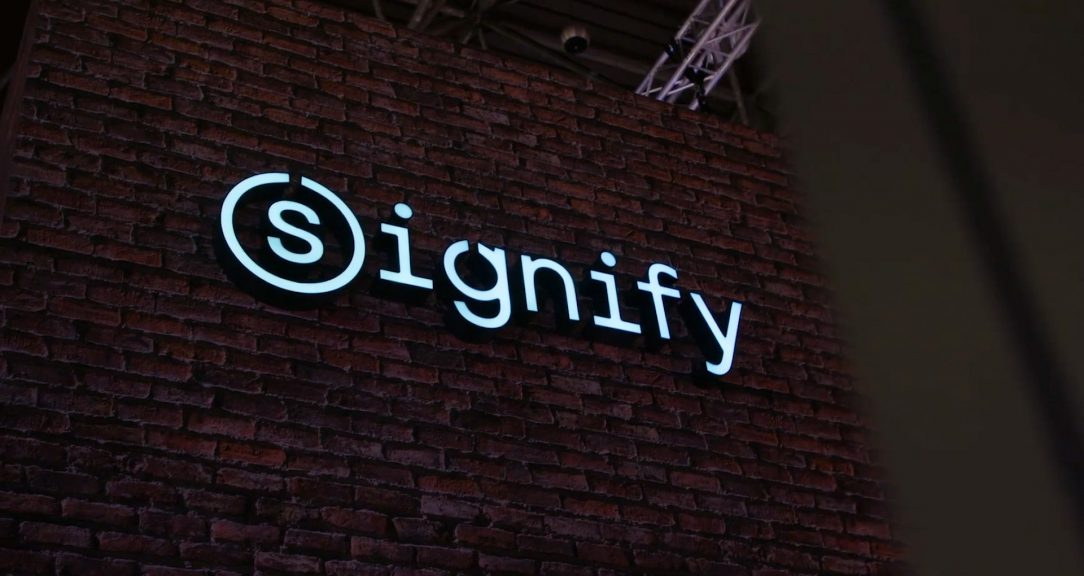When you hear the word education, you probably first think of primary and secondary school. And it makes sense that we front-load a person’s life with education: When you’re new to the world, there’s a lot to catch up on.
But education doesn’t stop with graduation — learning is a life-long endeavor.
Part of why I love working as a journalist and editing this magazine is the fact that I get to learn something new every day. Indulging my curiosity is part of the job description; immersing myself in research about Antarctica, Inkan accounting or the MICR font is praxis.
I think being curious about the world around you is the first step towards a lifetime of learning. The World Economic Forum (WEF) and PwC recently found that nearly half (46%) of companies surveyed consider curiosity and lifelong learning to be core skills for workers, and 67% of companies say they are growing in importance. In a time of upheaval across many industries, workers who are up for learning something new are likely to fare better.
The ADP Research Institute’s People at Work 2023: A Global Workforce View found that two-thirds of workers surveyed (66%) say they talk about career progression with their employers, and 69% discuss skills and training requirements. Positive responses were highest among younger workers.
Indeed, the OECD’s Programme for the International Assessment of Adult Competencies (PIAAC) found that mature workers were less likely to take part in continuing education than younger workers. That is partly because of the higher opportunity cost for taking mature workers away from their primary duties but also due in part to age discrimination.
Share of adults who participated in job-related training over the past year
The OECD recommends personal development plans and career conversations to ensure that mature workers consider investments in future skills. Mid-life career reviews, conducted with workers aged 40 to 50, can assess how a worker’s skills and experience still match the job, and what can be done to bridge any gaps.
In fact, the WEF and PwC recently found that investing in reskilling and upskilling the current global workforce has the potential to boost GDP by $6.5 trillion by 2030. A whopping 81% of companies plan to invest in learning and training on the job in the next five years, but currently only 0.5% of global GDP is being invested in adult lifelong learning.
Similarly, ADPRI’s People at Work 2023 report found that 78% of workers say they have the skills needed to advance their careers to the next level within the next three years, and 68% say their employer invests in the skills they need to advance their careers.
But research shows it’s not just about more education; it’s also about the kind of education organizations value. Broadening our understanding of teaching and learning can be a win/win for employers and workers alike.
For example, the WEF’s Future of Jobs Report 2023 found that, although 60% of employers said shortage of skilled talent was the top barrier to business transformation over the next five years, only 24% have considered offering flexibility on formal education requirements to widen their talent pool.
These discrepancies are holding both sides back. At a time of worker shortages, putting skills first when hiring can help companies acquire the talent they need, the WEF says. Giving a person’s skills and competencies more consideration than degrees, job history or job titles can also help promote diversity, equity and inclusion in hiring.
Hiring people with a drive to learn and improve is future-proofing your workforce from the get-go. The world is constantly changing — we all have to learn to change with it.
Read more
Sign up to keep up to date with ReThink Q.







